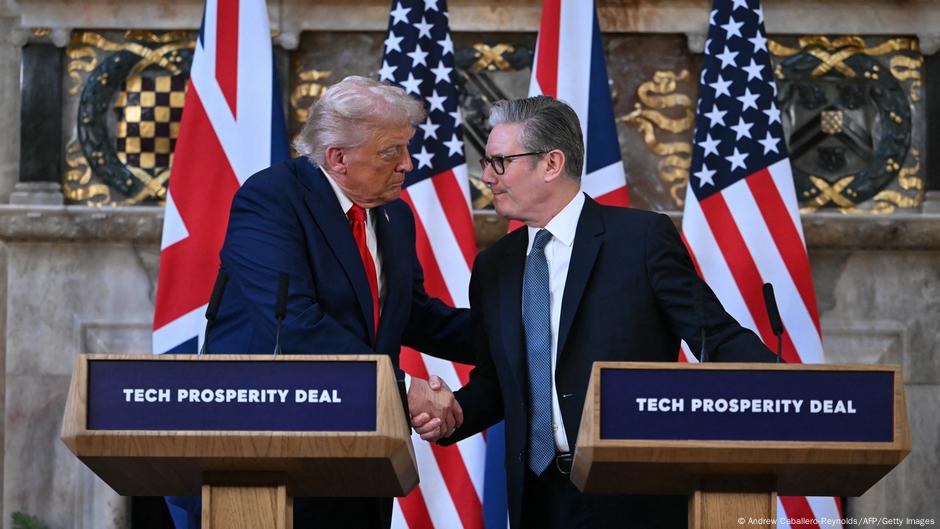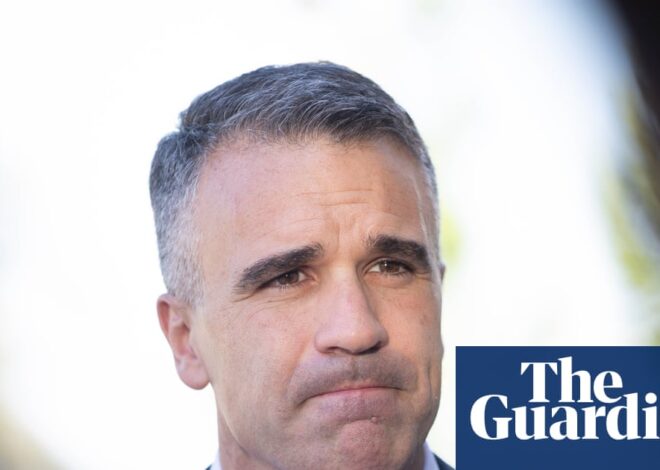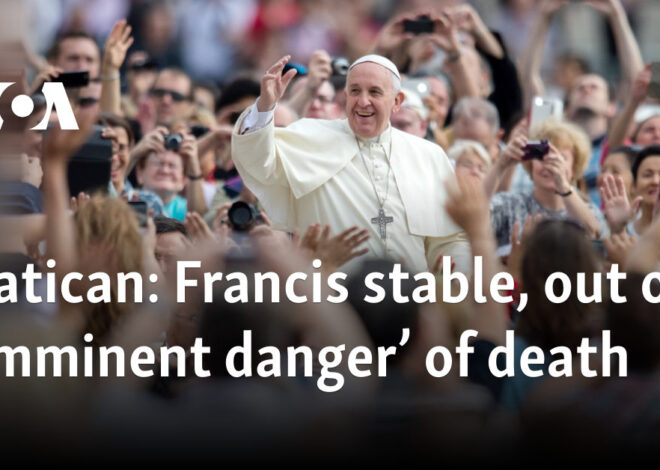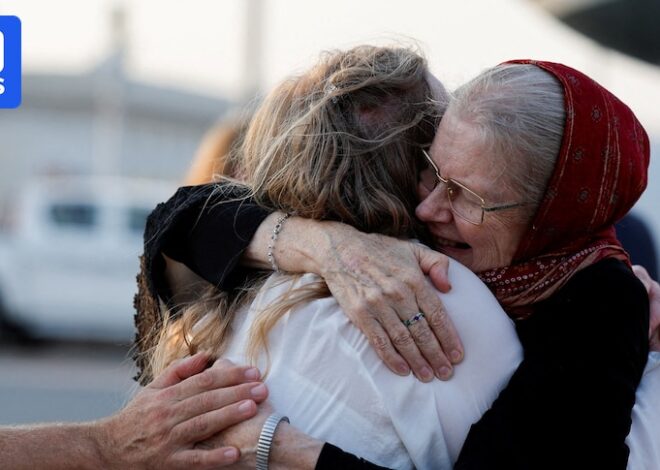
Unlocking the Power of Flattery: Does It Really Influence People?
Trump’s State Visit: A Display of Diplomacy
Britain made a grand gesture for US President Donald Trump, hosting his second state visit—the first of its kind for any US president. The event featured an “extra-large” guard of honor, a lavish banquet at Windsor Castle, and praises from UK Prime Minister Keir Starmer.
Protests and Public Sentiment
Amid the festivities, thousands rallied in London, brandishing Palestinian flags and opposing Trump’s climate policies while calling for solidarity with migrants. Their message contrasted sharply with the state’s warm welcome.
Diplomatic Goals and Mixed Results
The UK government aimed to smooth over tensions, gain commitments from Trump, and reaffirm the “special relationship” between the UK and the US. However, political analysts question the visit’s effectiveness. Time Bale, a political science professor, commented, “It wasn’t a massive success in terms of tangible outcomes, but not the disaster some anticipated.”

Flattery and Future Diplomacy
Some experts believe building personal relationships is crucial for effective diplomacy. Sophia Gaston, a Senior Fellow at King’s College London, noted that strengthening high-level ties is vital for policy discussions moving forward.
Outcomes of High Stakes Meetings
While the event did not yield breakthroughs on critical issues like Ukraine or steel tariffs, Gaston pointed out emerging collaboration in financial services, nuclear energy, and tech sectors as significant outcomes.
Starmer successfully navigated contentious topics, avoiding confrontations over tariffs and Ukraine. However, analysts were disappointed with the lack of progress on reducing tariffs, which remain steep despite earlier hopes.
Lessons for Europe
The UK’s strategy, balancing flattery and alignment, raises questions for Europe’s approach to Trump. While some argue that flattery may prevent public criticism, others suggest a more calculated relationship is necessary.
As Britain navigates its unique role post-Brexit, experts debate whether it can act as a bridge between the US and Europe. Climate concerns, a shared issue, remain a point of unity.
Conclusion: A New Era in Transatlantic Relations
As Trump’s presidency continues, Europe must adapt to a shifting landscape of international relations. The visit was a reminder that the days of unconditional US support are over, placing the onus on Europe to establish its own strategies for cooperation and influence.
Published: 2025-09-19 17:20:00 | Source: www.dw.com



